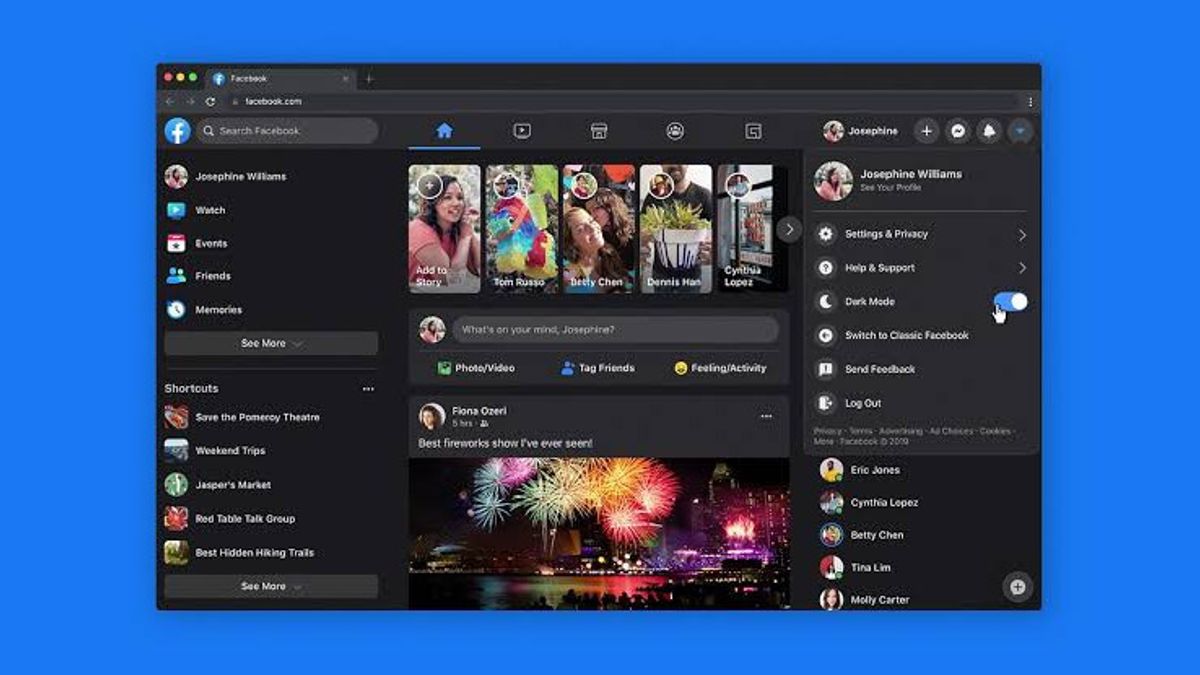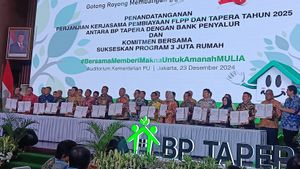JAKARTA - Tech giant Meta is finally no longer allowing users to share their residential address, or a person's available for public viewing.
Meta's decision follows a request from the Supervisory Board in February, which asked the company to tighten its policies around sharing private home addresses due to concerns about doxxing.
Doxxing is the act of disclosing someone's name, phone number, email address or home address online with the aim of launching a harassment campaign against them.
It is true that Facebook and Instagram already have these rules, but the social media does not take more action against uploads that contain a home address and can be viewed publicly.
Meta stated that this new policy will take effect at the end of the year. It also aims to maintain user privacy on its platform.
"As the board notes in this recommendation, removing exceptions to publicly available private housing information could limit the availability of this information on Facebook and Instagram while it is still publicly available elsewhere," Meta said. .
"However, we recognize that implementing these recommendations could strengthen privacy protections on our platform."
Even so, not all the recommendations of the Supervisory Board were followed by Meta. The company said it will not take action on posts that include photos of the exterior of private homes as long as the property is newsworthy.
Meta said, unless shared in the context of organizing protests against residents, including sharing the exterior of a public residence belonging to a high-ranking official, such as a head of state or ambassador.
In addition, Meta is also not fully committed to implementing tools that make it easier for users to report privacy violations on Facebook and Instagram.
That's because the company says it's testing ways to make its Privacy Breach reporting options easier to find. The Supervisory Board suggested creating a dedicated channel to deal with doxxing reports as well, but Meta refused to take that action.
Because Meta already has it and has partnered with more than 850 organizations victims can contact for help, such as the Revenge Porn Helpline in the UK and the National Network to End Domestic Violence in the United States.
For your information, the Board of Trustees launched in 2020, and includes various members who provide external guidance on Meta moderation decisions and policies across all its platforms. Meta is not bound by any decisions made by the Supervisory Board, but must respond to any of its recommendations as is the case this time.
The English, Chinese, Japanese, Arabic, and French versions are automatically generated by the AI. So there may still be inaccuracies in translating, please always see Indonesian as our main language. (system supported by DigitalSiber.id)








